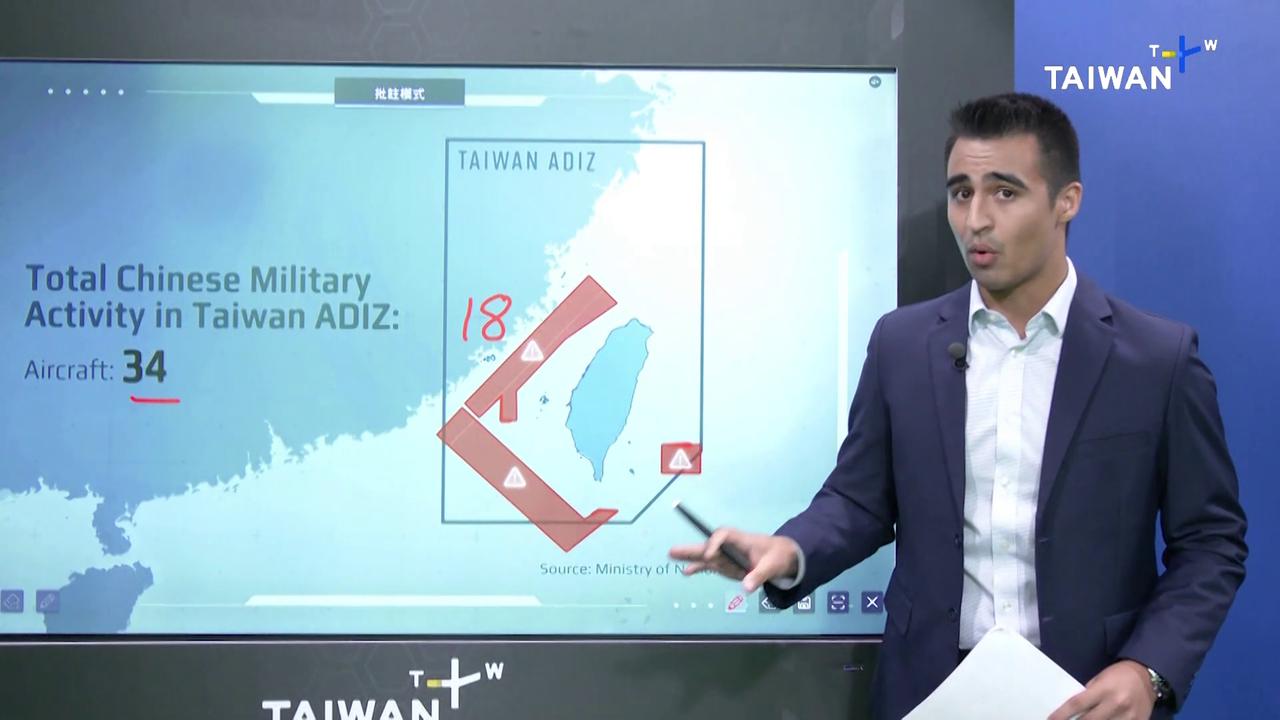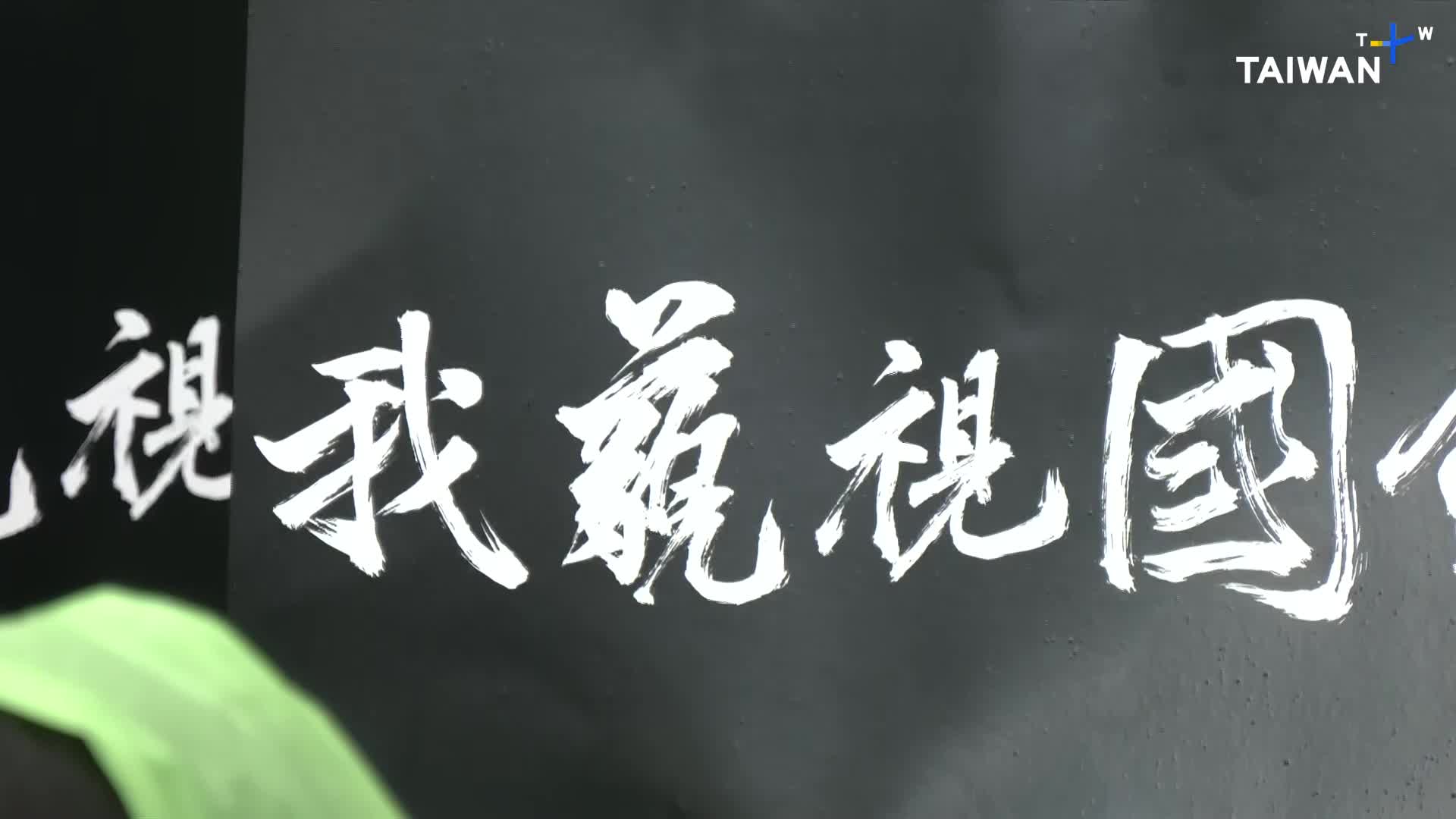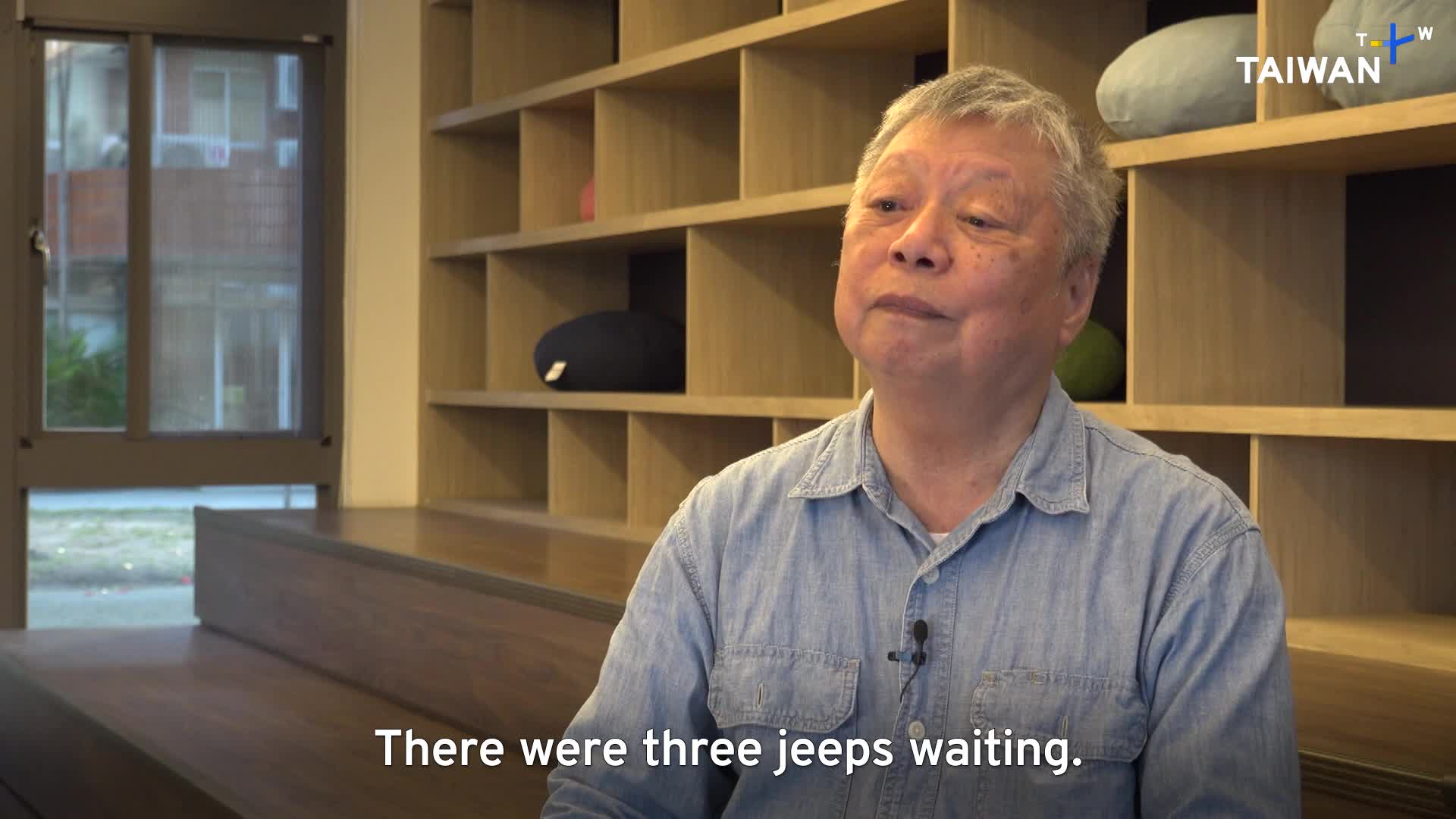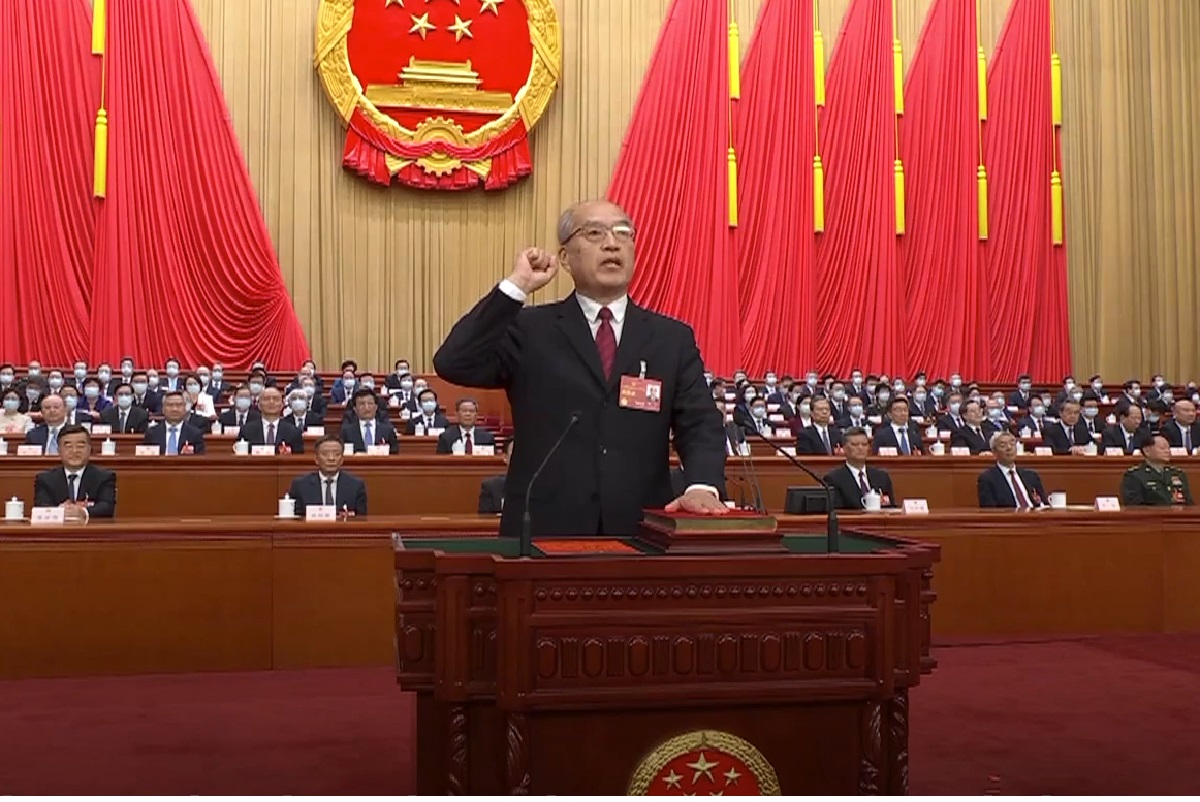Muji.Iqbal
Senior Member
- Apr 18, 2023
- 2,840
- 919
- Country of Origin

- Country of Residence

China's Strategy for Taking Taiwan Without Force
Story by Henrik Rothen• 3h • 2 min read

Photo: Shutterstock.com© Photo: Shutterstock.com
China has long sought the reunification of Taiwan with the mainland, but achieving this goal may not necessitate a military invasion.
ccording to a CNN report, China has alternative methods at its disposal to compel Taiwan into submission.
Economic and Strategic Isolation
The Chinese Communist regime can pressure Taiwan through economic and strategic means, significantly undermining the island's autonomy.opd.osgoodepd.caMicro-Credential in Law - Osgoode Law School
Ad
A recent analysis by the Center for Strategic and International Studies (CSIS) highlights that China could isolate Taiwan, crippling its economy without direct military conflict. This approach might be just as effective as a full-scale invasion.
"China’s military can isolate Taiwan, paralyze its economy, and force the democratic island to submit to Beijing’s ruling Communist Party without ever firing a shot," CNN reports, based on the CSIS findings.
Also read
German Arms Manufacturer Celebrates Landmark Contract Worth €8.5 Billion
Ukraine Strikes Russian Territory with German Artillery
A Third Option: Quarantine
While previous discussions have often centered on scenarios involving a full-scale invasion or a military blockade, CSIS suggests a third, more subtle strategy: quarantine. This would involve cutting off Taiwan from essential supplies and global trade routes, making it difficult for countries like the United States to intervene effectively.
Vice President Hsiao Says Taiwan Must Defend Itself From Chinese Aggression - TaiwanPlus News
Unmute
0
View on Watch
More videos
TaiwanPlusTaiwan Spots Chinese Military Planes Operating Around Main Island - TaiwanPlus News
1:29
TaiwanPlus NewsLawmakers Uphold Controversial Legislative Amendments - TaiwanPlus News
1:25
TaiwanPlus NewsActivists in Taiwan Push for White Terror Memorial Day - TaiwanPlus News
4:13
The quarantine could involve blocking access to Taiwan's ports and halting shipments of crucial resources like energy. Such actions fall into what is known as "grey zone tactics," which are aggressive yet stop short of open warfare.
The Role of Grey Zone Tactics
Grey zone tactics are concerning for many international observers. These tactics allow China to exert pressure without crossing the threshold into clear acts of war, thus complicating potential responses from Taiwan's allies.The fear is that such an approach would gradually wear down Taiwan’s resistance, leading to its eventual submission to Beijing's demands.
The analysis underscores that the Chinese military would play a secondary role in this strategy, focusing more on enforcing the quarantine rather than engaging in direct conflict.
This subtle yet powerful form of pressure could bring Taiwan under China’s control without the devastating consequences of war.
start.apu.apus.edu/apu/onlineEarn Your Degree Online at APU - Monthly Program Starts
By leveraging economic and strategic isolation, China may achieve its long-term goal of reunification with Taiwan, showcasing a calculated approach to one of the most contentious geopolitical issues in East Asia.











